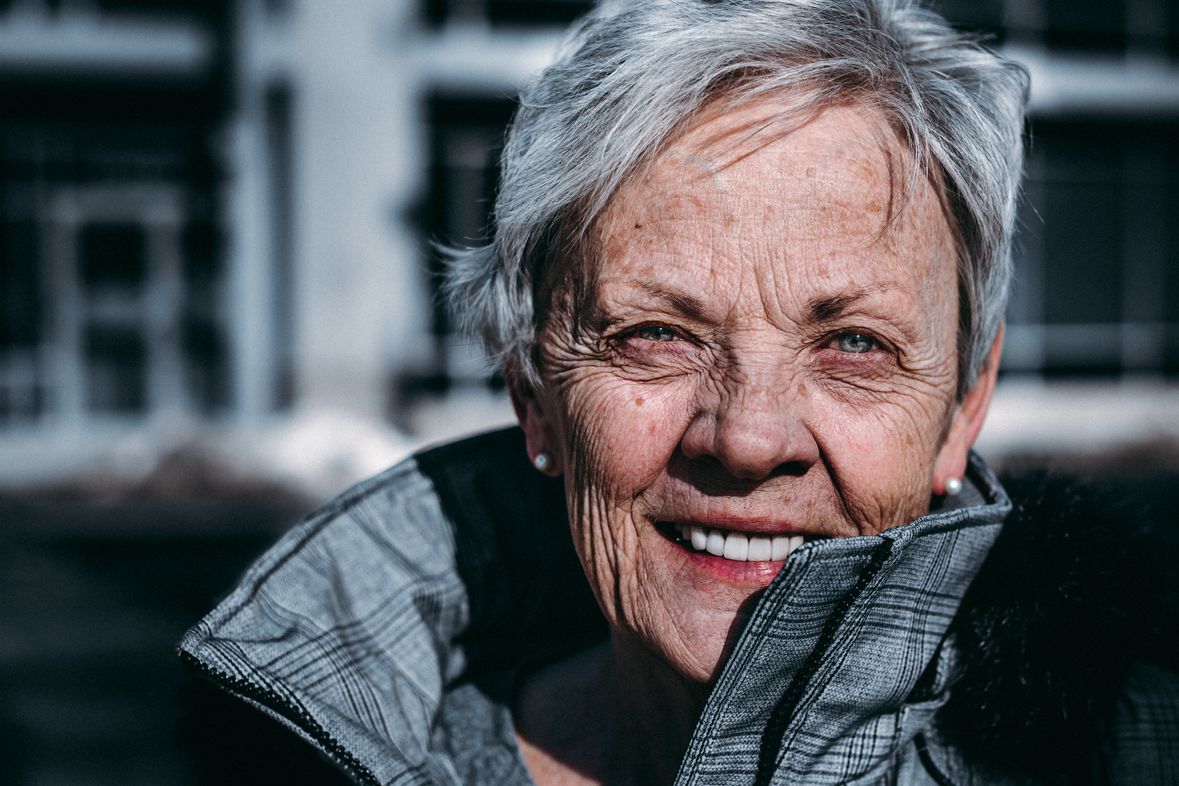Our independence is something we tend to take for granted; having autonomy and control over our own lives. But as we age, that independence can become compromised as ill health or loss of strength and mobility can mean that we need help to carry out the everyday tasks that we once completed without a second thought. At Care In kent we include ‘independence’ among our key values, as it is one that we encourage in those we care for, as much as possible, every day.
When older people start to lose the ability to be fully independent, we know it isn’t because the desire to be has faded, and we understand that not being able to do the things that they used to do with ease can be incredibly frustrating and often upsetting. Our carers know that helping our clients to retain their independence is good for both their physical and mental health, as well as boosting their self-esteem, fostering a sense of purpose, and improving their overall quality of life. Older people have a tendency to feel that they are a burden to their loved ones or carers as they age, and our dedicated team work around the clock to assure them that isn’t the case.
We value the independence of those we care for, and instil in them the confidence to try things for themselves and help them to become more aware of their own abilities. Our carers are skilled in adjusting our confidence-giving techniques to the individual, as we know that an older person’s abilities can fluctuate over time. A client who has very limited mobility and requires a lot of personal care, for example, can be encouraged to independently choose their own meals, or to make decisions about what activities that they want to partake in, whereas someone who perhaps is able to be more physically active can assert their independence by choosing their walking route, walking unaided, or maybe joining a senior exercise class.
Caring in a professional capacity gives us a unique insight into encouraging and maintaining an older person’s independence that often loved ones don’t have. We know that it is easy for family members to get into the habit of doing everything for an elderly loved-one – either because they are worried about overestimating their capabilities, or simply because it’s quicker and easier. This is completely natural – caring for a loved one is difficult at times and your first instinct is to be totally ‘hands-on’ – but sometimes it’s not always for the best. Our carers, where appropriate in terms of a client’s health and safety, will offer to assist someone with a task if they appear to need help, rather than just do it for them. We understand the importance of allowing older people to continue to have as much input and control over their lives and the things that affect them as much as possible, including when and what they eat, how they spend their time, and their general day-to-day routine.
The Care In Kent team promotes independence in those that we care for, and we work hard with our clients and their families to help them to maintain it for as long as possible – however, part of being a good carer who values our clients’ independence is recognising situations where we need to step in. Our team is skilled in not drawing attention to what an older person is no longer able to do, and at not making a big deal about having to help. We use kindness, compassion and sometimes humour (hey, we all need help sometimes – regardless of age!) to ensure that an older person who is struggling with a task doesn’t feel ‘stupid’ or ‘useless’, and maintains their dignity and self-respect. We take the time to know our clients well, so that we can be sure that someone we are caring for is genuinely able and willing to do something independently because they WANT to, and not because they feel guilty or that they are a burden if they don’t. We always look out for the clues of how easy it is for our clients to do something for themselves, and are aware if someone is the type of person who will refuse help even when they need it.
If you have any questions reach out to the care in kent team by clicking here
It is these observational skills, along with our talents for listening, communicating and understanding that allow us to encourage as much independence as possible in those we care for, to ensure a happy, healthy and fulfilling life.


